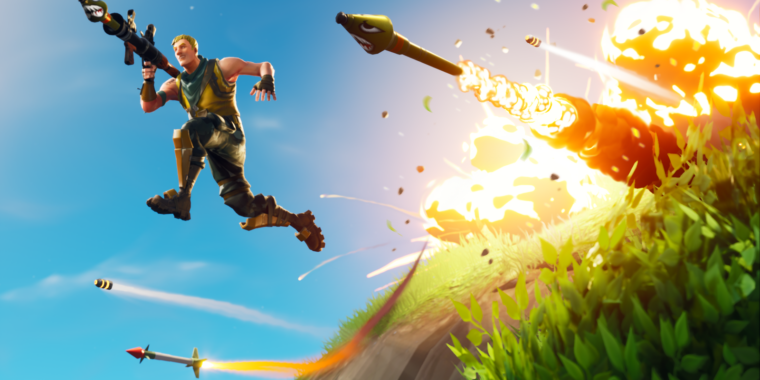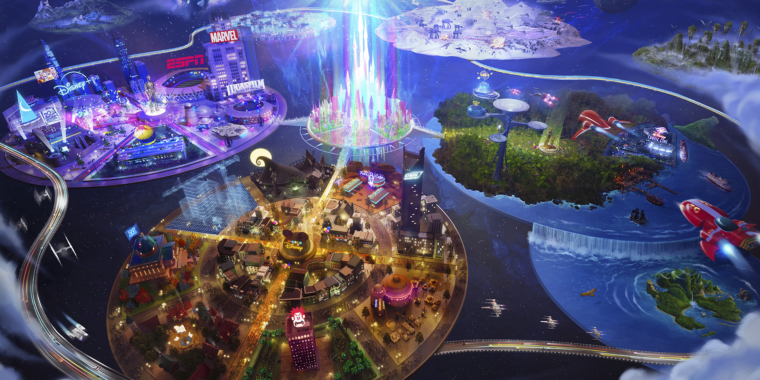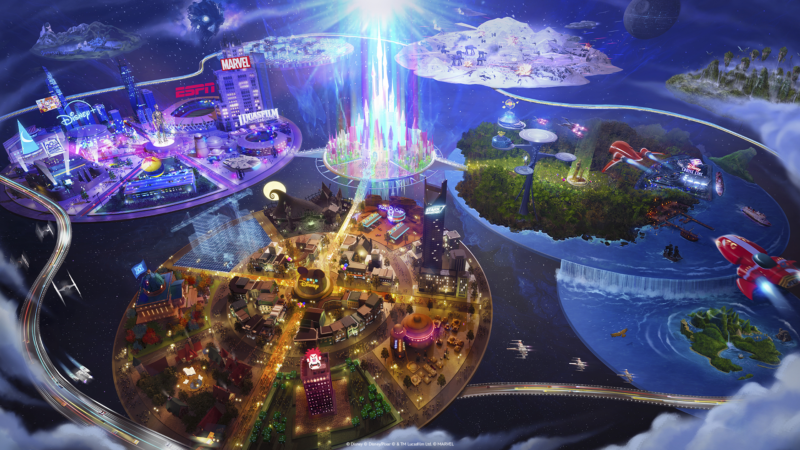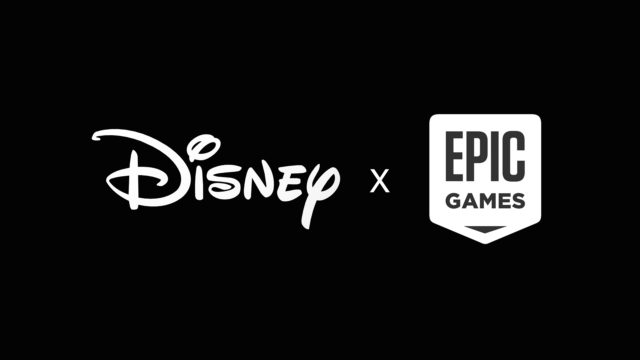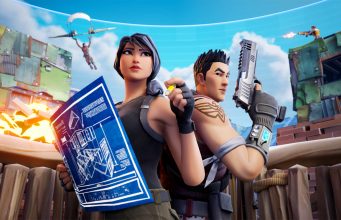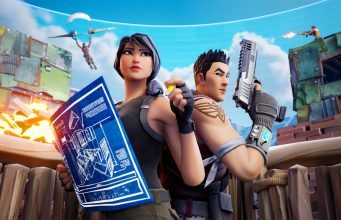Apple’s treatment of Epic Games draws the eye of EU regulators
We’re watching you —
Apple could face massive fines if it’s found in violation of new rules.
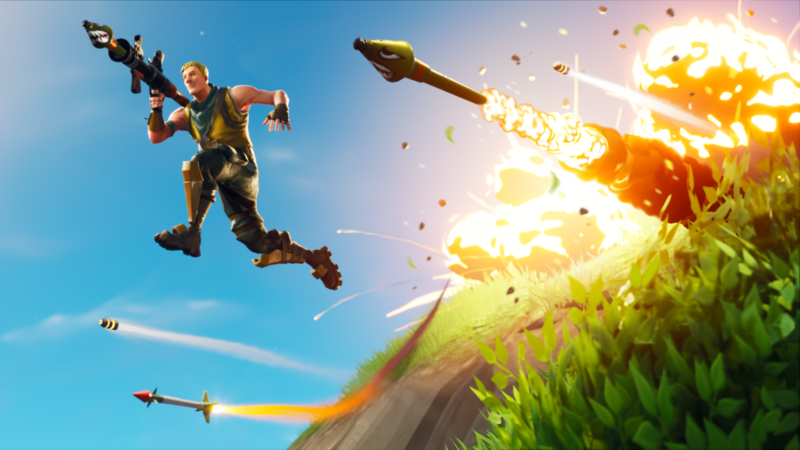
Enlarge / Artist’s conception of Apple attempting to dodge the concerns of EU regulators.
Epic Games
European Union regulators are investigating whether Apple’s recent revocation of an Epic Games iOS developer account puts the iPhone-maker in violation of the Digital Markets Act and other rules in the continent. If Apple is found in violation, the European Commission could impose significant fines as part of its effort to put some force behind its sweeping tech regulations.
“We have requested further explanations on this from Apple under the DMA (Digital Markets Act),” a European Commission spokesperson told Reuters late Thursday. “We are also evaluating whether Apple’s actions [regarding Epic Games] raise doubts on their compliance with the DSA (Digital Services Act) and the P2B (Platform to Business Regulation), given the links between the developer program membership and the App store as designated VLOP (very large online platform).”
More than just the DMA
Apple’s plans for what Epic calls “malicious compliance” under the DMA, which goes into effect today, have gotten plenty of attention in recent months. But the European Commission’s statement suggests its investigation could encompass other regulations as well.
The Digital Services Act, which went into effect in Europe last year, is mainly focused on transparency in algorithmic recommendations and “systemic risks” in platforms promoting misinformation. But the act also stipulates that platform moderation, including account suspension or termination, must be enforced “in a diligent, objective, and proportionate manner (emphasis added).” Whether Epic’s apparently indefinite ban from iOS development fits that proportionality standard is something the EU is seemingly interested in investigating.
The EU’s platform-to-business trading regulations, meanwhile, require major platforms like Apple to meet certain guidelines for transparency in their communications with other businesses. That includes detailed instructions for “specific preliminary steps” that have to be taken before a large platform terminates a business account.
“Listen, you need to be able to carry another app store…”
Earlier this week, the European Commission imposed a significant $2 billion fine on Apple over the company’s treatment of competing music subscription services on its devices. That penalty, which Apple is appealing, could be seen as a sign that European regulators plan to enforce violations of their major tech regulations with more than a slap on the wrist. The available penalties for DMA violations can run up to “10 percent of the company’s total worldwide turnover” for a first offense.
“The fine is there to punish past behavior and of course to be a deterrent for it not to be repeated,” European Commission Executive Vice President Margrethe Vestager told Bloomberg TV Tuesday. “We have the DMA coming into compliance [Thursday], so the demand of compliance is… listen, you need to be able to carry another app store, for instance, and you cannot put in place a fee structure that sort of disables the benefits of the DMA for all the market participants…”
In a statement Wednesday Apple cited “Epic’s egregious breach of its contractual obligations to Apple” in its decision to rescind Epic’s Swedish iOS developer account. Apple also cited US legal cases establishing its “right to terminate ‘any or all of Epic Games’ wholly owned subsidiaries, affiliates, and/or other entities under Epic Games’ control at any time and at Apple’s sole discretion.'”
Epic says it has provided a “good faith” promise to abide by Apple’s terms for creating a competing App Store in the EU and that it is being punished for criticizing the iPhone maker publicly. “Apple is retaliating against Epic for speaking out against Apple’s unfair and illegal practices, just as they’ve done to other developers time and time again,” the company said in a statement Wednesday.
Apple’s treatment of Epic Games draws the eye of EU regulators Read More »
